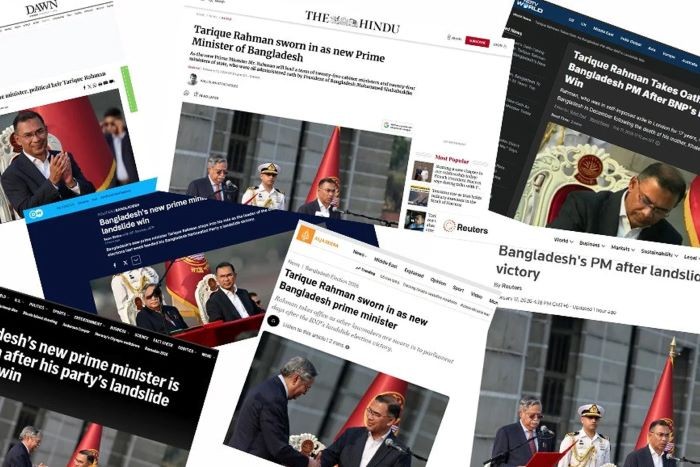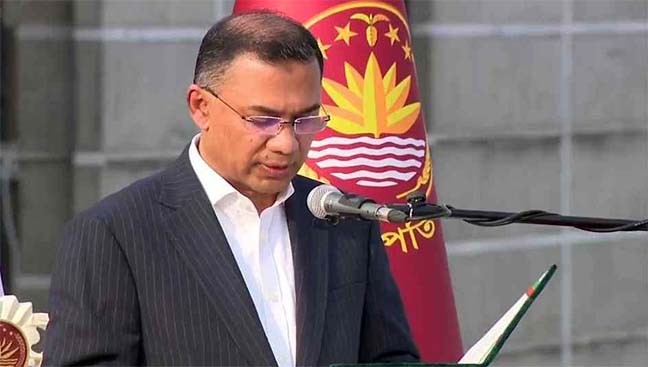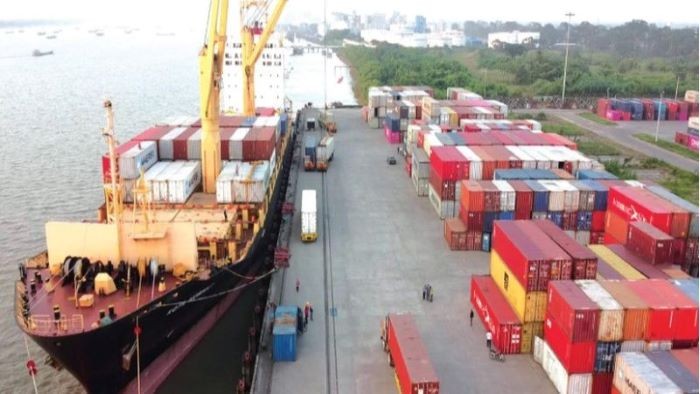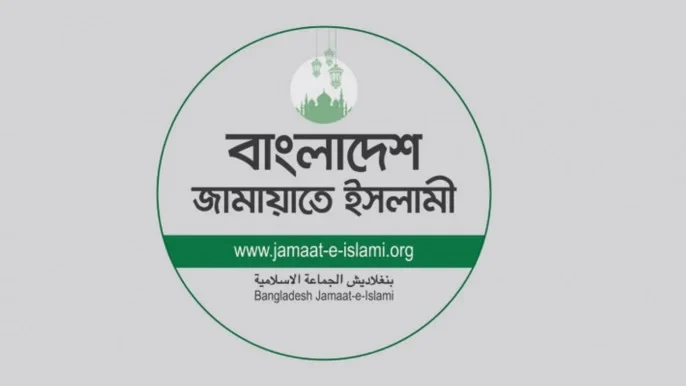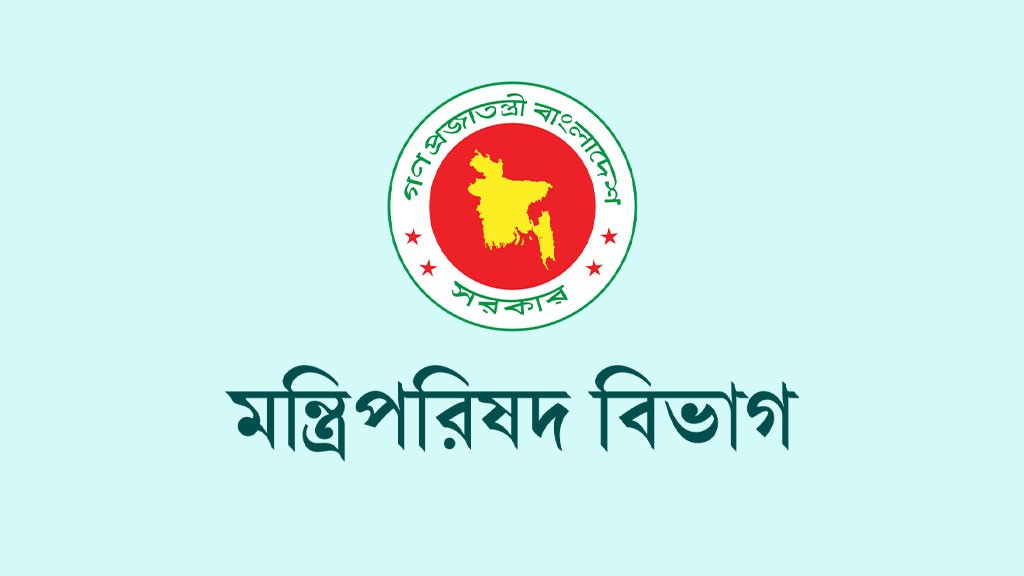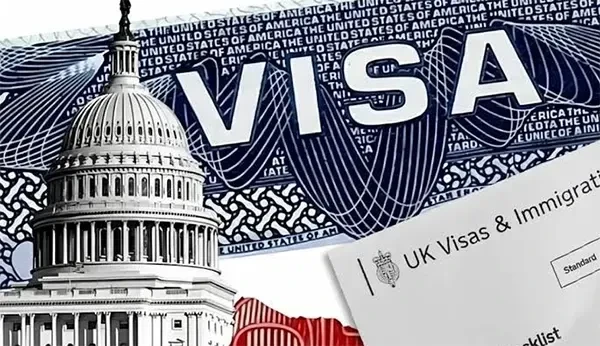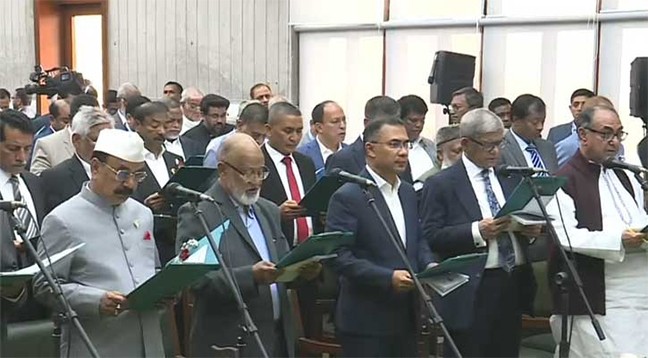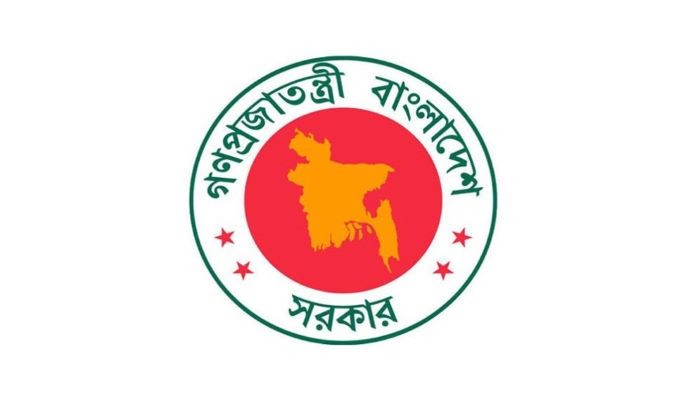
Saleh Biplob: [2] The America based credit rating agency Fitch Ratings says in a report that, a recent policy push by the Bangladesh government to develop Islamic finance could, if sustained, spur the industry’s growth. We believe the Islamic finance sector has the potential for significant growth over the medium term, supported by strong bottom-up public demand for Islamic products and the country’s robust economic prospects.
[3] Long-standing constraints have posed challenges to Bangladesh’s Islamic finance sector. These include the lack of comprehensive regulations governing the industry and weak enforcement of financial regulation in general, a dearth of Islamic liquidity-management and investment products, limited incentives from regulators for sukuk issuers, a lack of standardisation in the country’s Islamic finance sector, limited skilled human capital, and inadequate use of fintech solutions by stakeholders.
[4] However, Bangladeshi authorities have approved a number of conventional banks to convert into Islamic banks in the last few years, stimulating the sector’s expansion. Conversions may have been fuelled partly by laxer prudential requirements for Islamic banks relative to their conventional counterparts, though we believe other factors have also played a role, such as customer demand for Sharia-compliant services.
[5] Islamic banks (by total assets) constitute over 95% of the country’s Islamic finance industry, which we estimate reached over USD48.1 billion by end-2Q21. Within Bangladesh’s banking sector, Islamic banks accounted for around 27% of deposits, 28% of loans and advances, and 38% of remittance handling.



